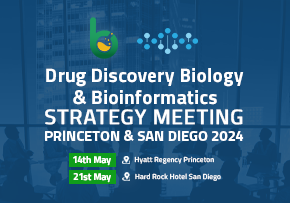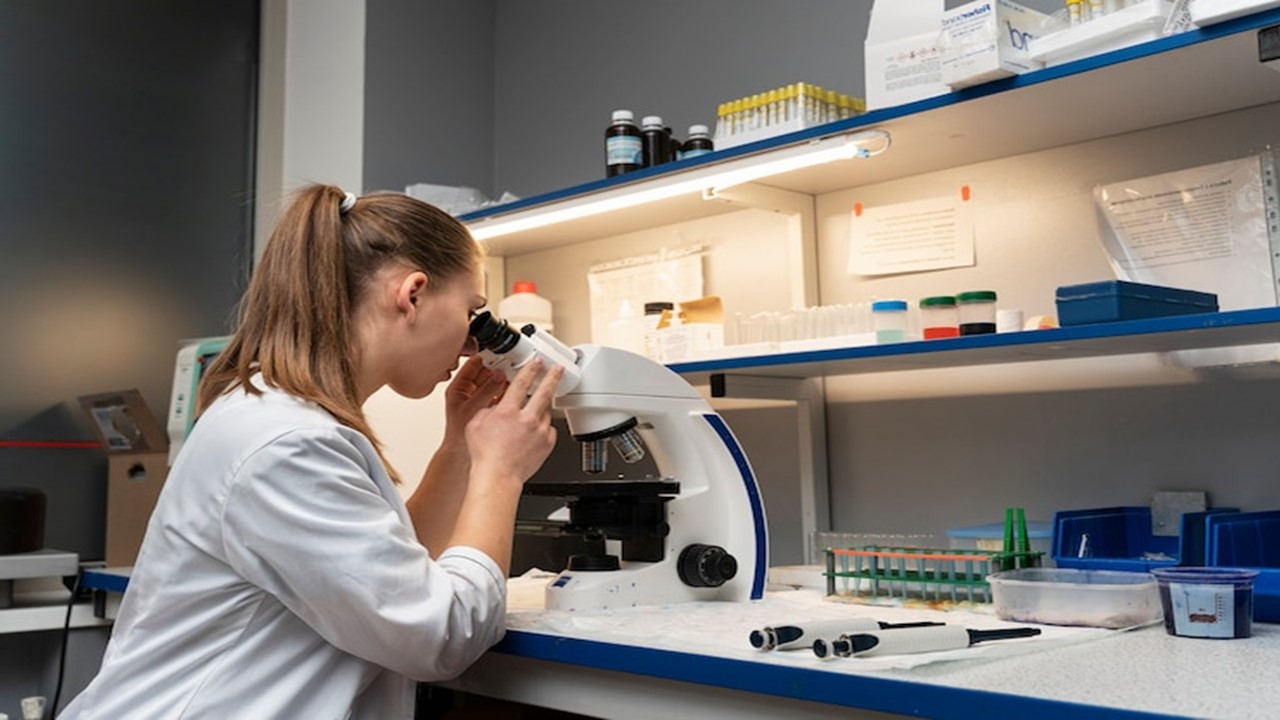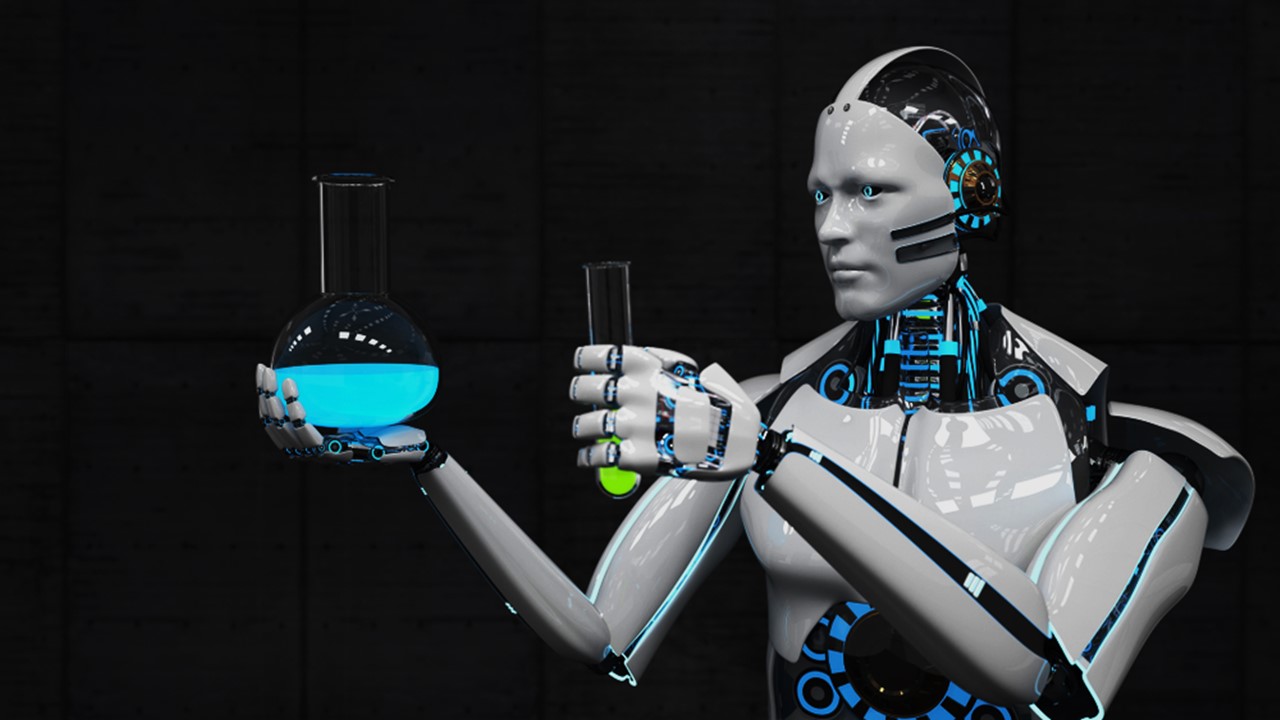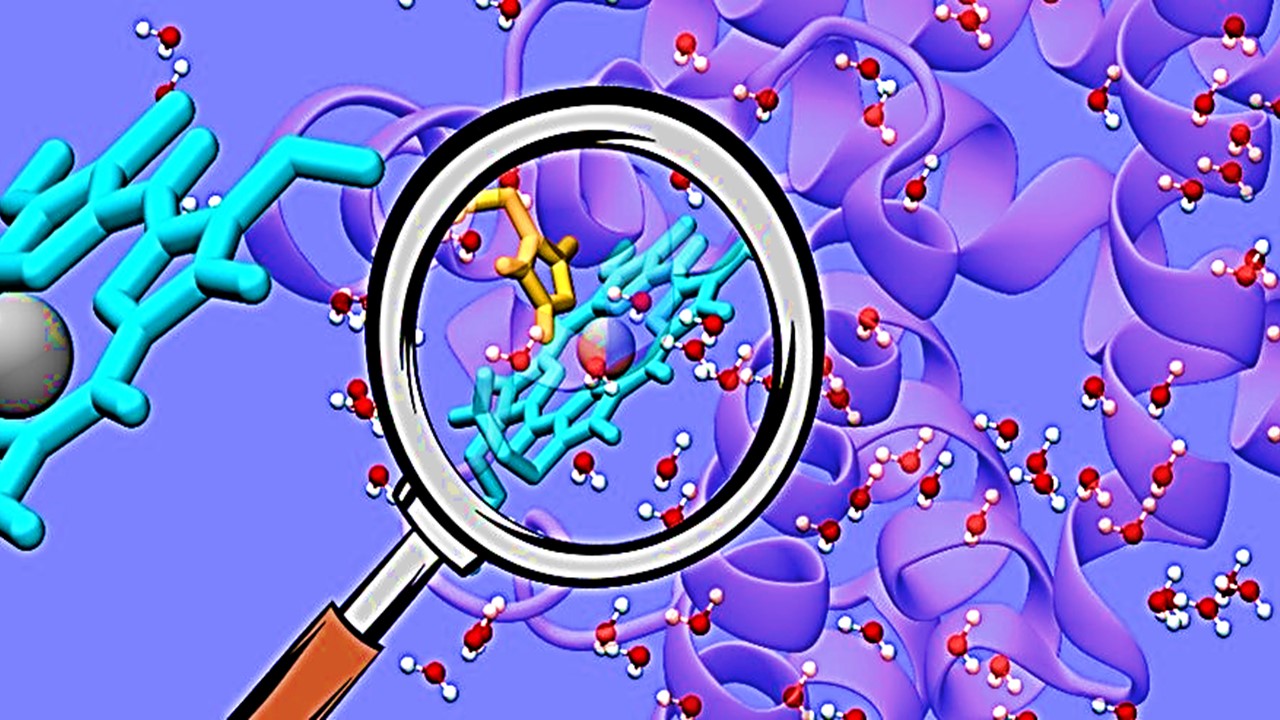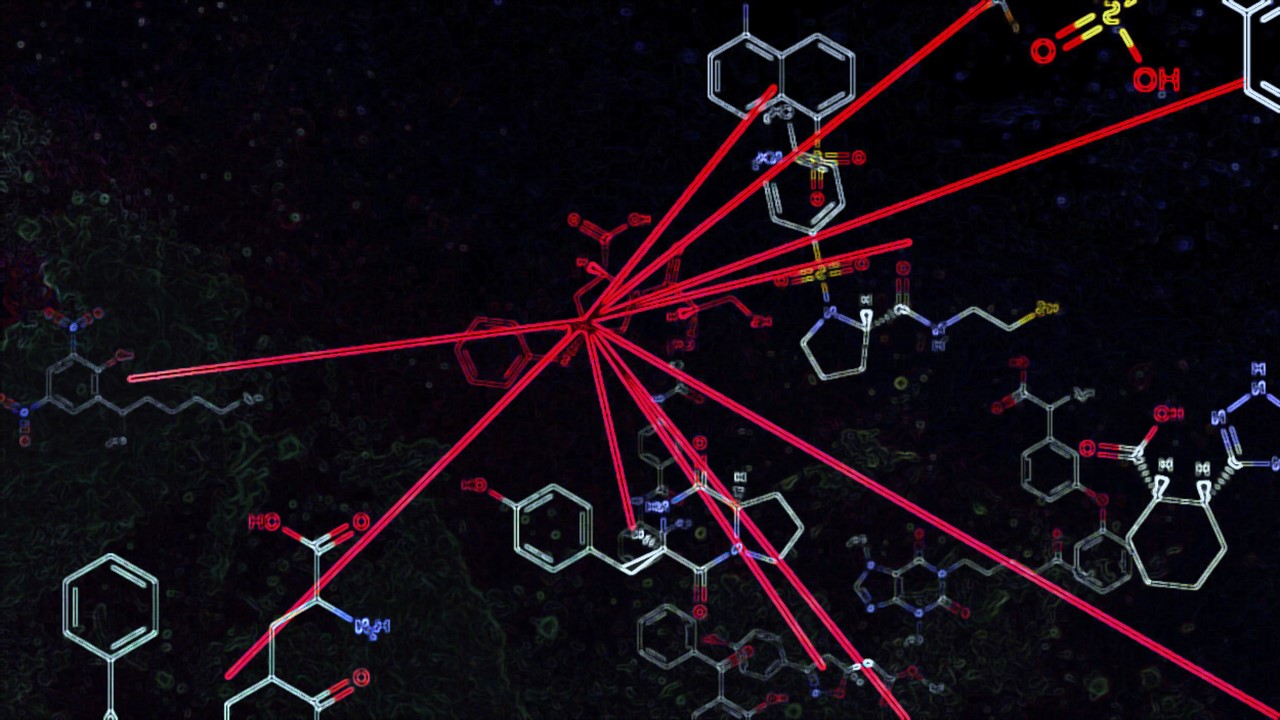Recent years have seen a paradigm shift in the pharmaceutical industry due to the quick integration of artificial intelligence (AI) in medication research and discovery. This revolutionary journey has brought about a revolutionary change and expedited the industry’s expansion. With the pharmaceutical industry becoming more and more digitalized, it is becoming more difficult to gather, evaluate, and use the vast amount of information that is available. As it promises to handle enormous volumes of data with improved automation and open the door for ground-breaking breakthroughs, artificial intelligence (AI) emerges as a ray of hope.
AI Unveiled: Networks and Tools
The core of artificial intelligence (AI) is found in its multiple approach domains, which include knowledge representation, reasoning, solution search, and, most importantly, machine learning (ML). Deep learning (DL), which uses artificial neural networks (ANNs) to simulate the complexities of biologically occurring human neurons, is at the forefront of machine learning. These artificial neural networks (ANNs), which include convolutional neural networks (CNNs), recurrent neural networks (RNNs), and multilayer perceptron (MLP) networks, demonstrate the adaptability of AI in pattern recognition, optimization, and biological system modeling.
AI powerhouses like the IBM Watson supercomputer have become mainstays in the field, showcasing amazing speed and capacity to analyze medical data and recommend treatment plans. They can even identify diseases like breast cancer in under 60 seconds.
AI in the Pharmaceutical Lifecycle
The importance of AI in the pharmaceutical lifecycle is becoming more and more clear as we explore its application. AI has become a versatile ally, helping with everything from clinical data management to patient-specific therapy, decision-making, and rational drug design. AI is demonstrating its analytical and decision-making capabilities through platforms such as E-VAI, which help identify pharmaceutical sales drivers and enable marketing executives to deploy resources effectively.
Nevertheless, despite all of the hype, AI has significant data issues, including growth and scale as well as variety and ambiguity. For conventional ML methods, the enormous datasets used in drug development—which can contain millions of compounds—present particular difficulties. AI techniques, such as deep learning (DL), have been pushed for safety and effectiveness assessments to get over these obstacles. DL is a promising method for predicting complicated biological properties.
Navigating the Virtual Chemical Space: AI-Driven Drug Screening
The vastness of the virtual chemical universe, which is comparable to a map of molecules on a map, emphasizes the necessity of effective screening methods. Artificial Intelligence (AI) contributes in silico techniques, virtual screening (VS), and structure-based methodologies that expedite chemical space analysis and speed up the discovery of lead compounds. DrugBank and PubChem are two examples of open-access libraries that are extremely helpful for choosing possible medication compounds using AI-driven algorithms.
AI is used in drug design to choose lead compounds based on physical, chemical, and toxicological profiles using algorithms such as coulomb matrices and molecular fingerprint identification. AI has the potential to revolutionize drug discovery through the use of predictive models, similarity evaluations, and in silico techniques. These methods work together to speed the prediction of chemical structures.
The Future Beckons: AI-based QSAR Approaches
AI integration is transforming quantitative structure-activity relationship (QSAR) modeling, a mainstay in the development of therapeutic candidates. AI-driven tools that speed up QSAR analysis include decision trees, random forests, support vector machines, and linear discriminant analysis (LDA). Research showing insignificant statistical differences between AI algorithms and conventional methods validates AI’s ability to rate chemicals according to biological activity.
AI’s revolutionary influence on pharmaceutical innovation is evident as it continues to permeate the industry. AI is poised to transform the pharmaceutical industry by transforming drug design and screening, interpreting complex datasets, and finding ground-breaking discoveries.
Study DOI: 10.1016/j.drudis.2020.10.010
Engr. Dex Marco Tiu Guibelondo, B.Sc. Pharm, R.Ph., B.Sc. CpE
Editor-in-Chief, PharmaFEATURES

Subscribe
to get our
LATEST NEWS
Related Posts

Medicinal Chemistry & Pharmacology
Synthetic Chemistry’s Potential in Deciphering Antimicrobial Peptides
The saga of antimicrobial peptides unfolds as a testament to scientific ingenuity and therapeutic resilience.
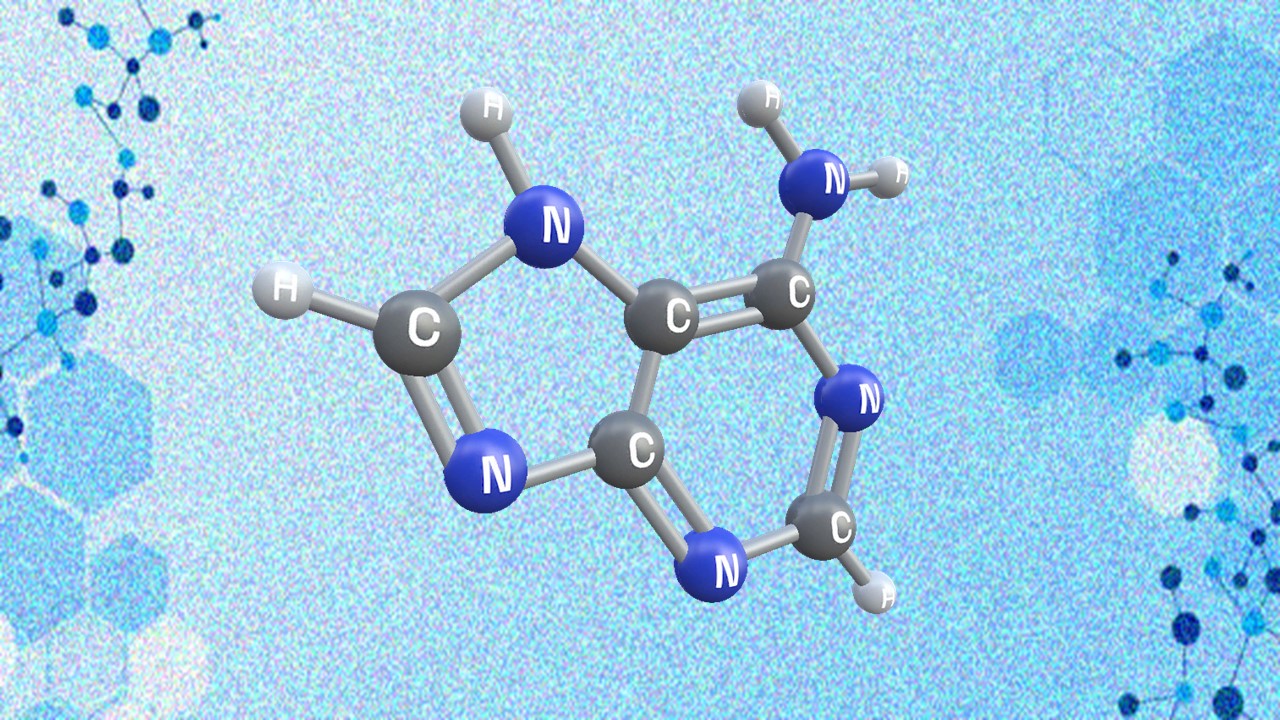
Medicinal Chemistry & Pharmacology
Appreciating the Therapeutic Versatility of the Adenine Scaffold: From Biological Signaling to Disease Treatment
Researchers are utilizing adenine analogs to create potent inhibitors and agonists, targeting vital cellular pathways from cancer to infectious diseases.

Medicinal Chemistry & Pharmacology
The Potential of Benzazepine Derivatives: A Novel Eco-Friendly Synthesis Approach
Benzazepine derivatives, notable seven-membered heterocycles, have gained pharmaceutical interest for their diverse bioactive properties.

Medicinal Chemistry & Pharmacology
Bioavailability and Bioequivalence: The Makings of Similar and “Close Enough” Drug Formulations
Scientists are striving to understand bioavailability complexities to ensure the equivalence of drug formulations from different manufacturers, crucial for clinical effectiveness.


